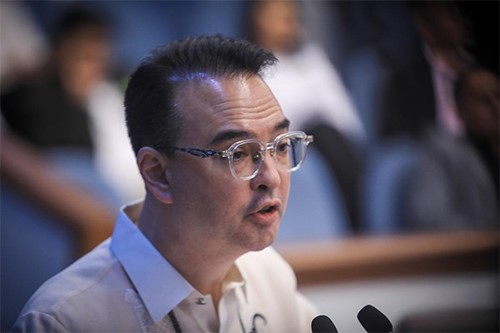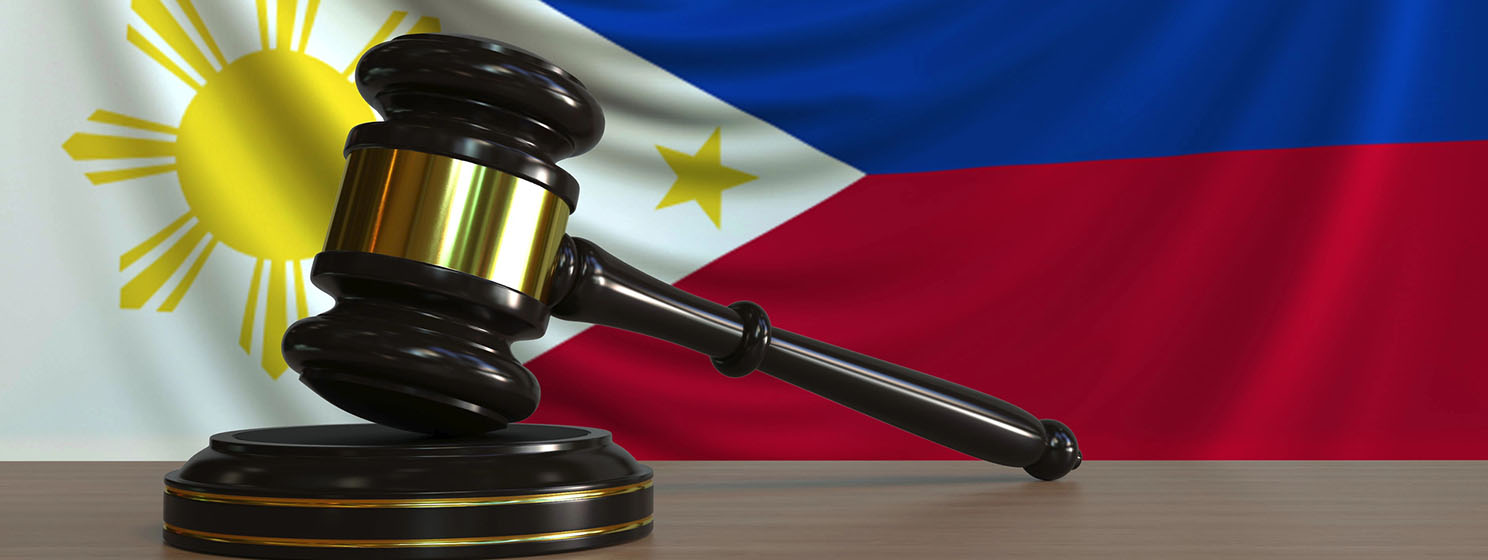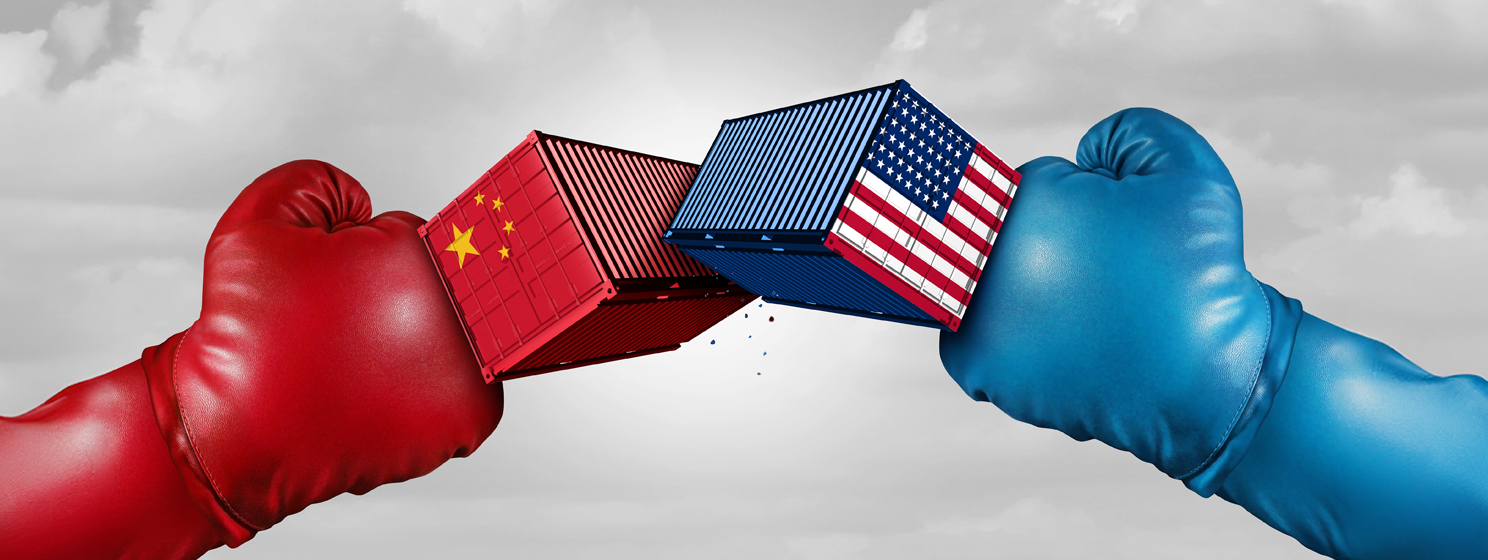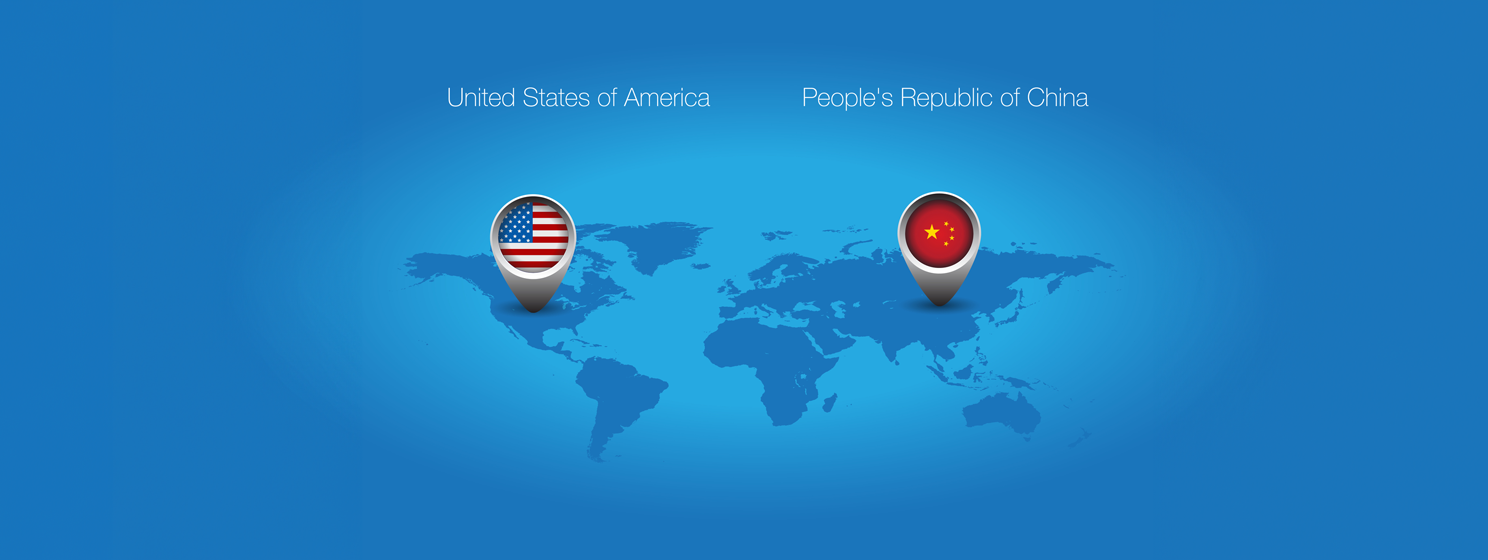|
Getting your Trinity Audio player ready...
|
Philippine Senator Alan Peter Cayetano has urged the passage of Senate Bill No. 2781, also known as the “E-Governance Act,” which seeks to digitalize government services under a single, integrated framework. During a plenary debate on January 15, Cayetano highlighted the importance of interoperability in streamlining public service and improving record-keeping.
“This is not per se the solution to all of our problems,” Cayetano said, “but it is a tool that, if used effectively and assigned properly to various agencies, can address many of our challenges today.”

The proposed legislation mandates all government agencies to adopt a unified digital system, enabling seamless interaction between various platforms. A key feature is the creation of an Integrated Government Network (IGN), a secure infrastructure facilitating the exchange of information across departments.
Institutionalizing standards for integration
During the plenary debate, Cayetano explained that while the Philippines’ Department of Information and Communications Technology (DICT) has developed an e-governance master plan, it lacks the authority to enforce compliance among agencies.
“Under existing law, the DICT cannot really dictate or require government departments to integrate,” he stated.
The bill aims to rectify this by making digital integration compulsory and institutionalizing a national framework to guide technical and informational standards. This will ensure that all agencies can connect efficiently within the IGN. To further support these efforts, the bill proposes establishing a Records and Knowledge Management Information System to improve the management of documents and services across government entities.
Simplifying services through the eGovPH App
One of the Act’s cornerstones is onboarding all government agencies onto the eGovPH app, a platform designed to consolidate services for citizens and overseas Filipino workers (OFWs). Cayetano illustrated the current complexity faced by OFWs, who must navigate separate apps for Immigration, the Social Security System (SSS), and the Department of Migrant Workers (DMW).
“The Department of Migrant Workers wants their own app,” he explained. “But if you’re an OFW at the airport dealing with separate apps for Immigration, Migrant Workers, SSS, and others, it becomes more confusing.”
The eGovPH app promises a streamlined experience, eliminating the need for multiple agency-specific platforms and improving user accessibility.
Assigning accountability with CIOs
To ensure effective implementation, the bill mandates each government agency to appoint a Chief Information Officer (CIO). These officers will oversee digitalization efforts, ensuring alignment with national standards and addressing potential challenges.
The DICT will work closely with the Anti-Red Tape Authority (ARTA) to establish guidelines and prevent inefficiencies. “This bill is actually a product of the experience of the DICT in the last few years,” Cayetano noted. “This is to emphasize and articulate what they need.”
Aiming for transparency and efficiency
Cayetano underscored the potential benefits of the E-Governance Act, including faster service delivery, greater transparency, and reduced red tape. While acknowledging the hurdles of transitioning to a digital system, he expressed confidence in the bill’s capacity to modernize governance.
“E-governance refers to the use of information and communication technology (ICT) by the government to deliver public service in a more friendly, convenient, affordable, efficient, and transparent manner,” he explained.
The Act’s goals align with the government’s commitment to leveraging ICT for national development while balancing open data’s economic potential with privacy concerns.
Next steps
Having passed the interpellation stage, the E-Governance Act will undergo amendments to refine its provisions further. The proposal also includes establishing an E-Governance Academy to provide the necessary training and support for the transition. If enacted, the bill will usher in a new era of integrated and user-friendly government services, benefiting citizens, businesses, and OFWs alike.
“This is not just a technological shift but an opportunity to deliver more responsive governance,” Cayetano concluded.
eGovChain: Philippine’s first-ever government blockchain
As part of its digitalization efforts, the Philippine government launched the eGOVchain initiative in 2024, which aims to secure public transactions and streamline processes using blockchain.
DICT Undersecretary for e-Government David L. Almirol Jr. said that blockchain’s decentralized and immutable nature ensures that data entered cannot be altered without detection, making it a valuable tool for reducing corruption and ensuring accountability.
The initiative involves integrating blockchain into key government platforms, including the Digital National ID, the eGovDX data exchange platform, and the eGovPH Super App, which consolidates citizen services. DICT has already implemented the first node in this blockchain system, with plans to add two nodes managed by private entities by next year.
Almirol emphasized the importance of collaboration in addressing challenges such as system compatibility, regulatory barriers, and personnel training. He explained that the Philippine government fosters public-private partnerships and conducts technical pilot programs to ensure smooth integration.
With advanced encryption and multi-factor authentication, the eGovPH Super App will safeguard user data and privacy. Almirol highlighted the system’s potential to transform government services into a user-friendly, transparent, and secure ecosystem, benefitting citizens and fostering public trust.
Watch: eGov super app opens the best opportunities for Philippines

 02-12-2026
02-12-2026 




